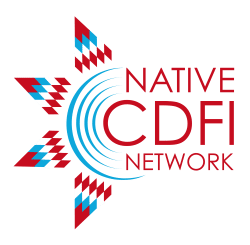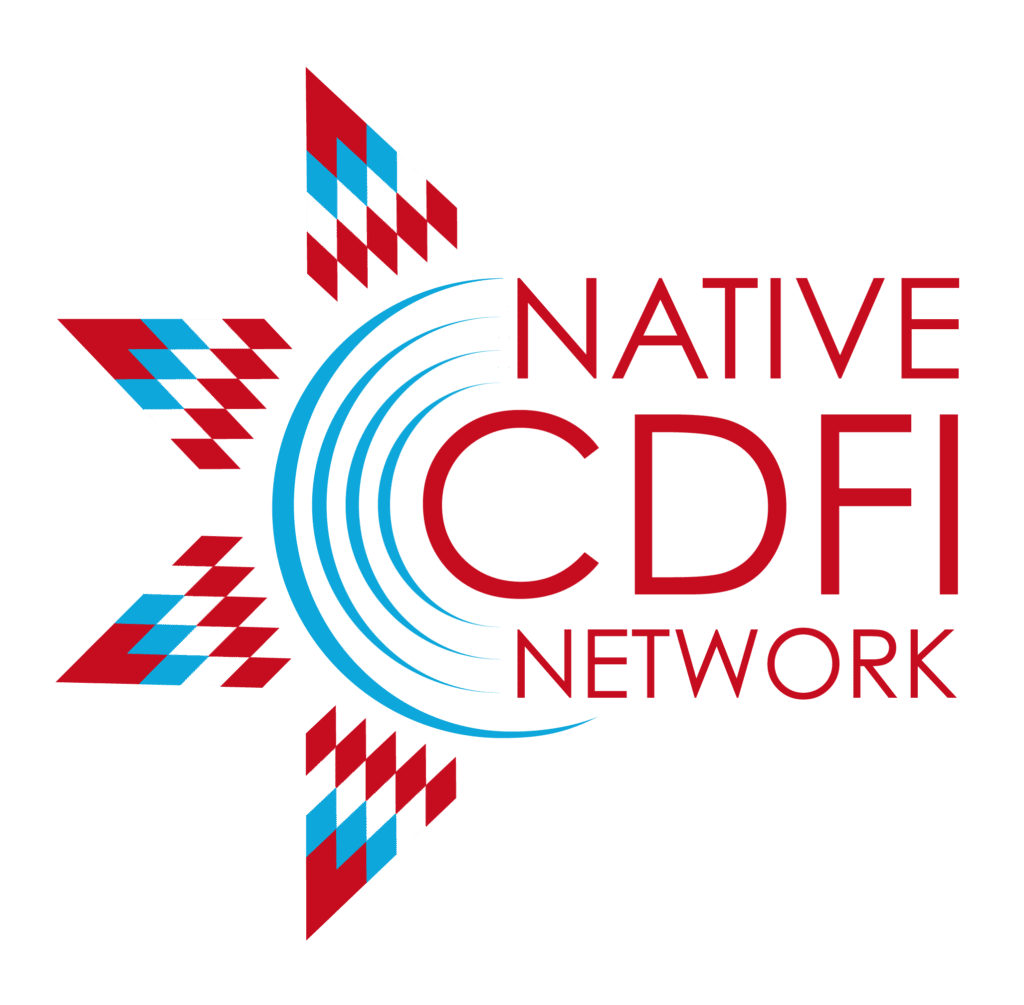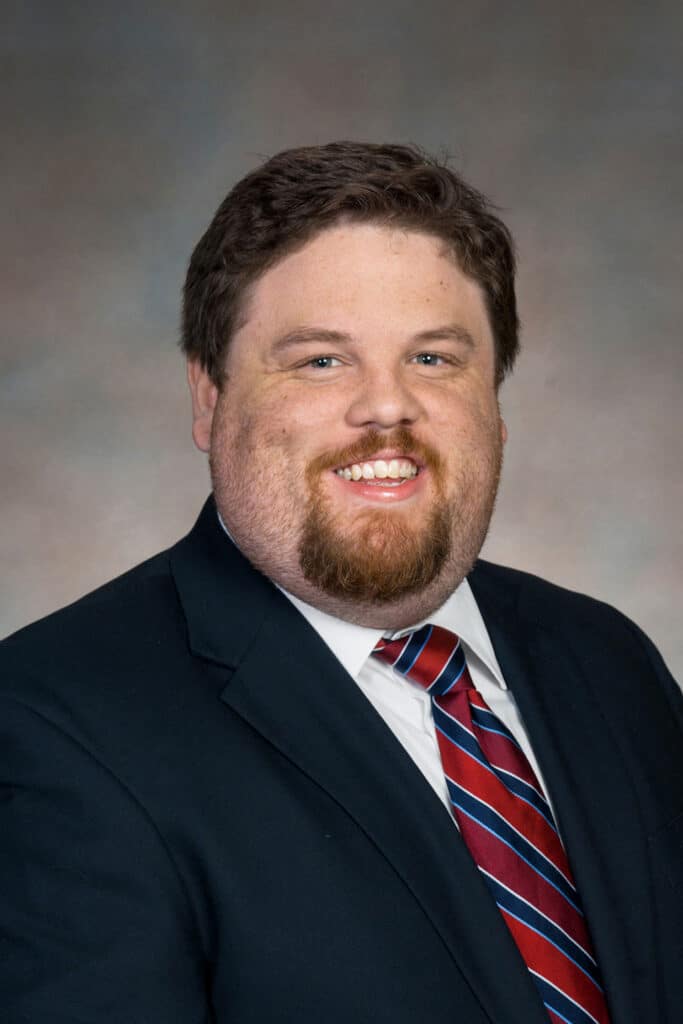
A Cherokee citizen, Stephen previously worked for several years as the central field representative for U.S. Congressman Dan Boren. He also is active with many community organizations, such as: Northeast Oklahoma Regional Alliance, Select Oklahoma, Tahlequah Area Chamber of Commerce, Lake Area United Way (serving as its board treasurer), and Neighbors Building Neighborhoods, a non-profit resource center where he serves as vice chair on the board of directors. Stephen is serving his second term on the Tahlequah City Council and is a trustee of the Tahlequah Hospital Authority. In addition, he serves as the Southern Plains delegate on the Native CDFI Network’s Policy Committee.
In this uplifting conversation with NCN, Stephen shares how CNEDTA has organically grown its commercial and consumer loan portfolios to meet the growing needs of the Cherokee community, and how CNEDTA has spearheaded the growth of a burgeoning private sector economy across northeast Oklahoma.
NCN: Why do you do what you do? How did you come to lead Cherokee Nation Economic Development Trust Authority (CNEDTA)?
Highers: I came into this role by chance. After I graduated college, I went to work for a U.S. congressman and I had been with him for seven-and-a-half years when he decided he was retiring. In working for him, I had formed relationships with various different boards and those working within communities, including the Cherokee Nation’s executive director of commerce. About the time the congressman decided he was retiring, Cherokee Nation had this opening, and it just kind of fit together. I immediately fell in love with the work, the mission, and the vision of this CDFI and I have never looked back. It has been an absolutely wonderful career to have.
I didn’t even know what a CDFI was before I took the position, which I don’t think is too strange to a lot of CDFI practitioners. It was like drinking from a fire hose at the beginning to learn about it, but once I did, I just knew this was where I was supposed to be.
NCN: As you know, there are more than 70 federally certified Native CDFIs across the country and many more “emerging” CDFIs following in their footsteps. Why did Native communities feel it necessary to create CDFIs, and what fundamental role do they play?
Highers: CDFIs have proven themselves to really make a difference within communities, specifically within tribal communities. We’re there to reach businesses, entrepreneurs, and people that otherwise wouldn’t be able to follow their dreams because they’re unbanked people, they’re not touched by traditional lending institutions, or they don’t have access to lending within their communities. We’re bridging that gap. As more and more tribes see there is this type of entity out there that can help, it just makes sense to have a CDFI as part of their umbrella of services for their tribal citizens.
There are now quite a few of us out there, and some that have been doing this for a long time. There’s a good knowledge base among CDFI practitioners that you can learn from, and that’s one of the great things about Native CDFIs is we’re all there for each other. If I have a question or I need help or I’m mulling over a new loan product that I think may be good for my community, I know chances are somebody out there in the Native CDFI world has that knowledge and they are a phone call or an email away. What’s good for one could be good for another. Sharing that knowledge is incredibly helpful. You don’t see that across a lot of other industries because people want to hold on to their knowledge.
“Since 2010, we’ve deployed over $21 million to 391 small businesses and helped to create over 1,600 jobs…What I see in those 1,600+ jobs are the dreams of people who wouldn’t have been able to start their businesses and see their dreams through to fruition without our Native CDFI.”
NCN: What do policymakers and the general public need to understand about Native CDFIs and the difference they make?
Highers: It’s just a matter of getting our stories out there. When you’re looking at 70 federally recognized Native CDFIs, that’s a small number compared to the financial services industry as a whole. We need to get our name and our story out there, and with NCN [Native CDFI Network], we have a wonderful avenue to do just that. Our story is starting to grow and people are starting to be drawn to us.
The thing is we’re small organizations and often short-staffed. We’re putting our head down and we’re getting the work done in our communities, which inhibits us from sharing our stories at the national level by talking to our Congress people. But as we’re able to coalesce around one organization that allows us to do that, we’re getting our stories out there to policymakers and the public. It enables you to build those relationships and move the needle from a policy perspective.
NCN: Tell us more about CNEDTA. How does it work to foster prosperity in the communities it serves?
Highers: We have been a certified Native CDFI since 1998. We work within the Cherokee Nation Reservation, which are the 14 northeast counties of Oklahoma. We have grown our CDFI very organically. We started with a small consumer loan fund, but with support from the Cherokee Nation and federal agencies, like USDA and Treasury, we have grown our capacity by revolving our money to small businesses and consumers. We have been a change-maker within our community. Since 2010, we’ve deployed over $21 million to 391 small businesses and helped to create over 1,600 jobs. Those are private sector jobs with small businesses in small, rural tribal communities in northeast Oklahoma. What I see in those 1,600+ jobs are the dreams of people who wouldn’t have been able to start their businesses and see their dreams through to fruition without our Native CDFI. It’s amazing when you step back and think that you’re a part of something that has been able to multiply like that. We’re keeping the lifeblood of our communities going through small business support. Oklahoma is structured a little bit differently than other states. A lot of Oklahoma municipalities survive almost solely on sales tax revenue. So those small businesses we’re helping to start and grow in rural communities are a primary source of municipal revenue that communities have to operate and fund local programs like infrastructure. So while we invest in jobs and small businesses, the dollars we lend impact so much more.
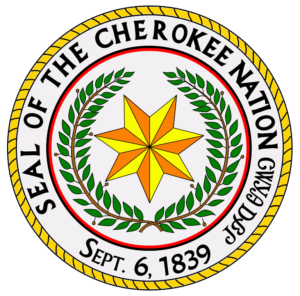
Highers: That’s absolutely correct. The bulk of our portfolio is our commercial lending, but the bulk of our loans is our consumer lending. We deploy loans to Cherokee Nation employees working for the Cherokee government, its industries and enterprises, the housing authority, and our elder care facilities. This was simply an answer to keep people out of the predatory lending cycle. Citizens and employees were seeking debt consolidation to break that cycle as those small loans cost more money than they could repay. So we put together a program where employees are able to get a quick loan for up to $1,500. It’s paid back through their payroll deduction. We try to make the process very simple and fast so they don’t have to wait for it. This program has grown with the Cherokee Nation’s employment growth.
We are constantly assessing the financial needs of citizens and employees, and we recently started an automobile program for employees to reduce transportation barriers to employment. We were seeing predatory automobile financing where the down payment on the loan was basically the cost of the car, and then the dealers were financing at a high interest rate. In response, we launched a loan product with a low-interest rate to purchase an automobile to get you back and forth to work safe and sound. We use this method of keeping our ear to the ground and addressing the financial barriers Cherokee people face in their everyday lives. For another example, while we don’t provide mortgage loans, we provide foreclosure prevention counseling and lending to help keep people in their homes.
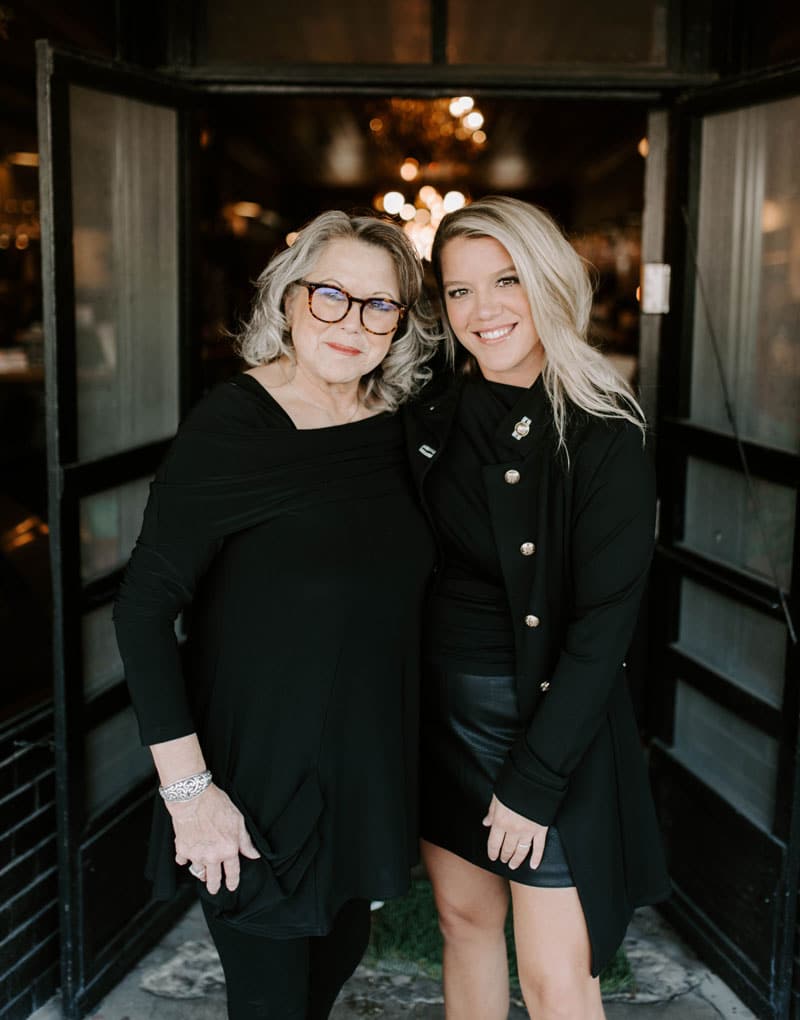
NCN: CNEDTA has helped an extraordinary number of people. Is there an individual’s client success story that really sticks out to you, that really inspires you?
Highers: There’s one that comes to mind in Vian, Oklahoma, which is a small community in Sequoyah County. We had entrepreneurs – a mother and her daughter – that wanted to buy a building downtown to start a boutique. At that point, Vian had been shuttered, if you will. The buildings on Main Street were closing. There was a hardware store still going and maybe a restaurant, but that was about it. But Suzanne Sullivan and her daughter Callie Prier just had it in their hearts that they were going to start this business and make it work. They came to us and we were able to help them with small business lending and technical assistance. They started a world-class boutique called “Morning Sky” that would have been perfect in the heart of the finest shopping centers in Dallas or New York City. When the COVID-19 pandemic impacted in-person sales, they pivoted to online sales. Later, we were able to help them buy the building next door to put in a home accessories store called “Evening Shade Mercantile” that has a little coffee shop in it. They have brought back to life the downtown area of a community that had it not been for them likely would have continued to sit vacant.
NCN: From your perspective, what do Native CDFIs like yours need to realize their full potential? What support do they need to achieve their missions and maximize their impact?
Highers: The number one thing that comes to mind is funding. I’m sure that’s what everybody says. But we need dollars both to operate the organization and meet the lending demand. Right now, we have just over $12 million in our portfolio. I truly believe that if it were $14, $15, $16, or $20 million, we would be able to get all of that money out the door. We have so many entrepreneurs and we have so many people within our communities that could be and should be and will one day be small business owners
We also need operating capital to grow, as many Native CDFIs are at operational capacity. We’re doing the best we can and the most we can with what we have. But to go to that next level, you’ve got to be able to staff it. To do that, we need funding, and we need to be able to tell our collective story. We need to raise up our successes and show people we are making a difference. A lot of times, we may be the only ones that are making a difference within some of our communities. That’s a story that should be told and it should be shouted from the mountaintops.
To learn more about the Cherokee Nation Economic Development Trust Authority, please click here.
